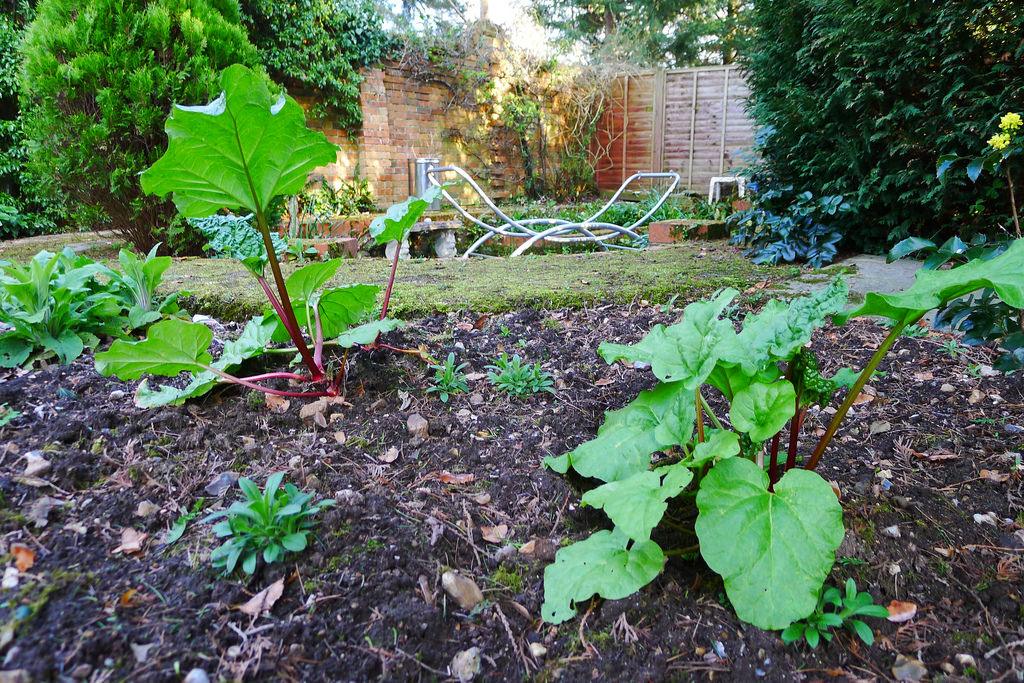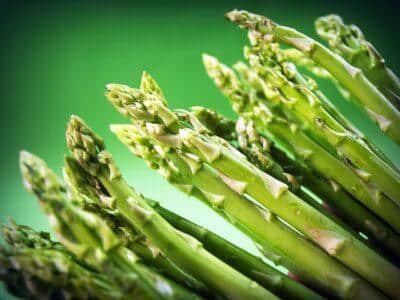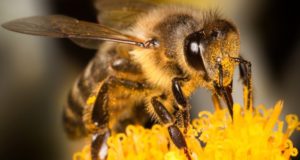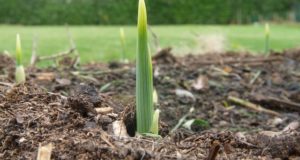Gardening is time-consuming for any homesteader or off-gridder, and the smart gardener is constantly looking for ways to make it easier.
Perennial crops are one of the easiest ways to save time, in that you only have to plant them once for them to keep producing. They are rare in North America gardens, but are the gift that keeps on giving!
The most common types of perennials are asparagus, rhubarb and artichokes. They require very little maintenance and can be harvested in the event of an insufficient production of annual crops.
We can trace perennial crops to European settlers, who came to North America and brought their knowledge and seeds, along with other skills such as drafting animals for plowing. In temperate climates, like most of North America, perennial root, starch and fruit crops were purposely bred, selected and cultivated. They favored the perennial crops because they didn’t require much input to get a large output. Only hand tools were necessary.
Benefits of Perennials
The problem with annuals is that they are very limited in terms of production seasons. They must be re-planted and re-grown every year, and you must worry about transplanting annual seedlings or waiting out the heat in the summer. Perennials may be grown year-round, and they will be strong and ready to produce long before those annuals are ready to be harvested.
Looking For Non-GMO Seeds? Get Them From A Company You Can Trust!
Not only are perennials trustworthy, but they are also a great fertilizer to both themselves and nearby plants, because they fix nitrogen in the soil. They even have the ability to provide a safe haven for helpful insects and pollinators. Furthermore, some have the ability to climb up nearby structures to provide shade for surrounding plants.
Disadvantages of Perennials
There are several drawbacks to perennial vegetables, despite their numerous advantages.
First of all, some are very slow to establish before they yield well. An example of this would be asparagus. I’ve had asparagus plants for several years, and it is important to let them grow more than the span of a few seasons. The general rule is to plant them and don’t touch them until the third year, when they should only be harvested, very lightly, for one to two weeks. Four years in, they can be harvested for two to three weeks. Over the age of five, you can harvest four to five weeks. (They can last 20 years or more!)
Other disadvantages include the associated bitterness. They can become bitter once they begin to flower. So, they must be harvested early in the season, in some cases. Some perennials also have really strong flavors that aren’t appealing to North Americans.
Some perennials require such little care that they may soon overtake your garden. They must be carefully placed in a permanent space in the garden and maintained separately.
Furthermore, perennials have unique pest and disease challenges, simply because crop rotation cannot be utilized to minimize problems. If they do, in fact, catch a disease, they might need to be replaced.
Examples of perennials commonly cultivated in North America include the following:
- Raspberries, blueberries, and other berry bushes
- Asparagus
- Rhubarb
- Kale
- Garlic
- Dandelions
- Horseradish
- Sorrel
- Lovage
- Watercress
Perennials are perhaps the most useful plants out there. They are dependable, easy to manage, and typically an attractive addition to the garden.
What advice would you add on perennials? Share your tips in the section below:
Every Year, Gardeners Make This Stupid Mistake — But You Don’t Have To. Read More Here.
 Off The Grid News Better Ideas For Off The Grid Living
Off The Grid News Better Ideas For Off The Grid Living





